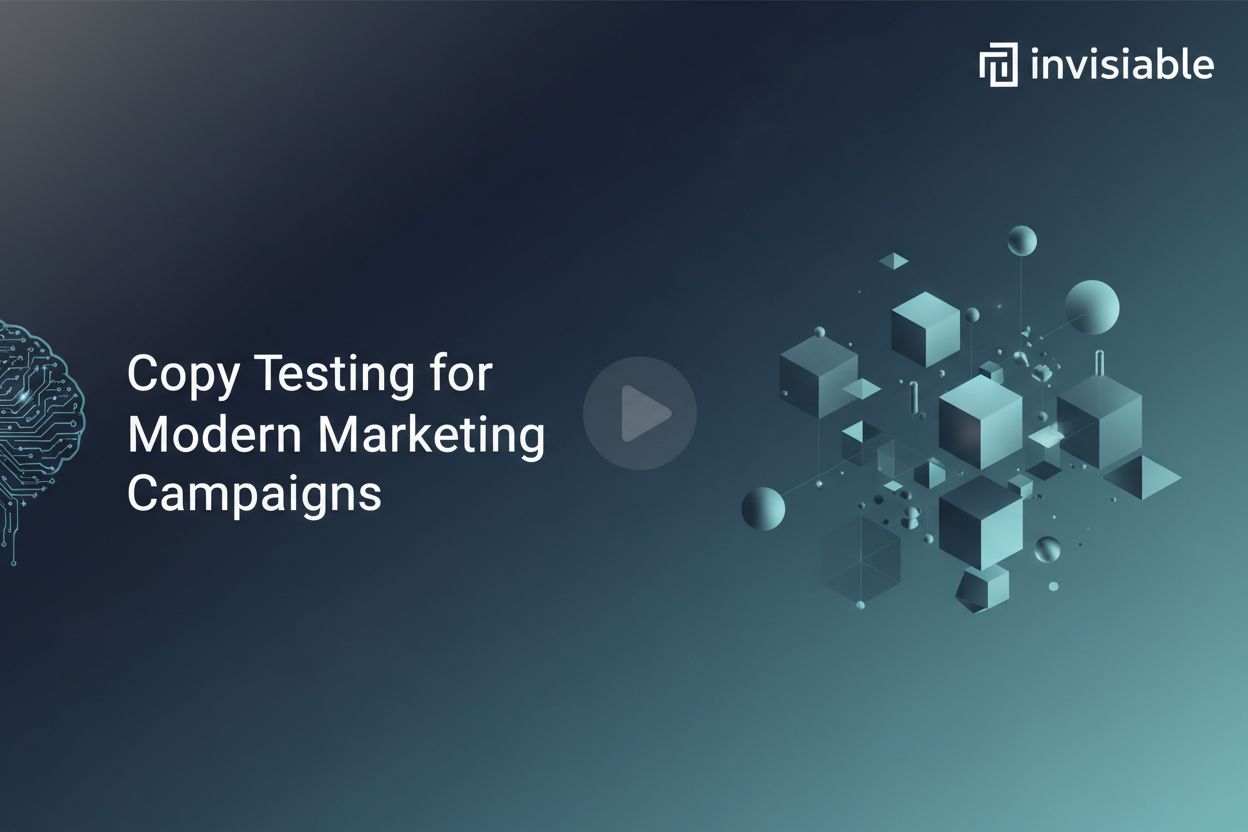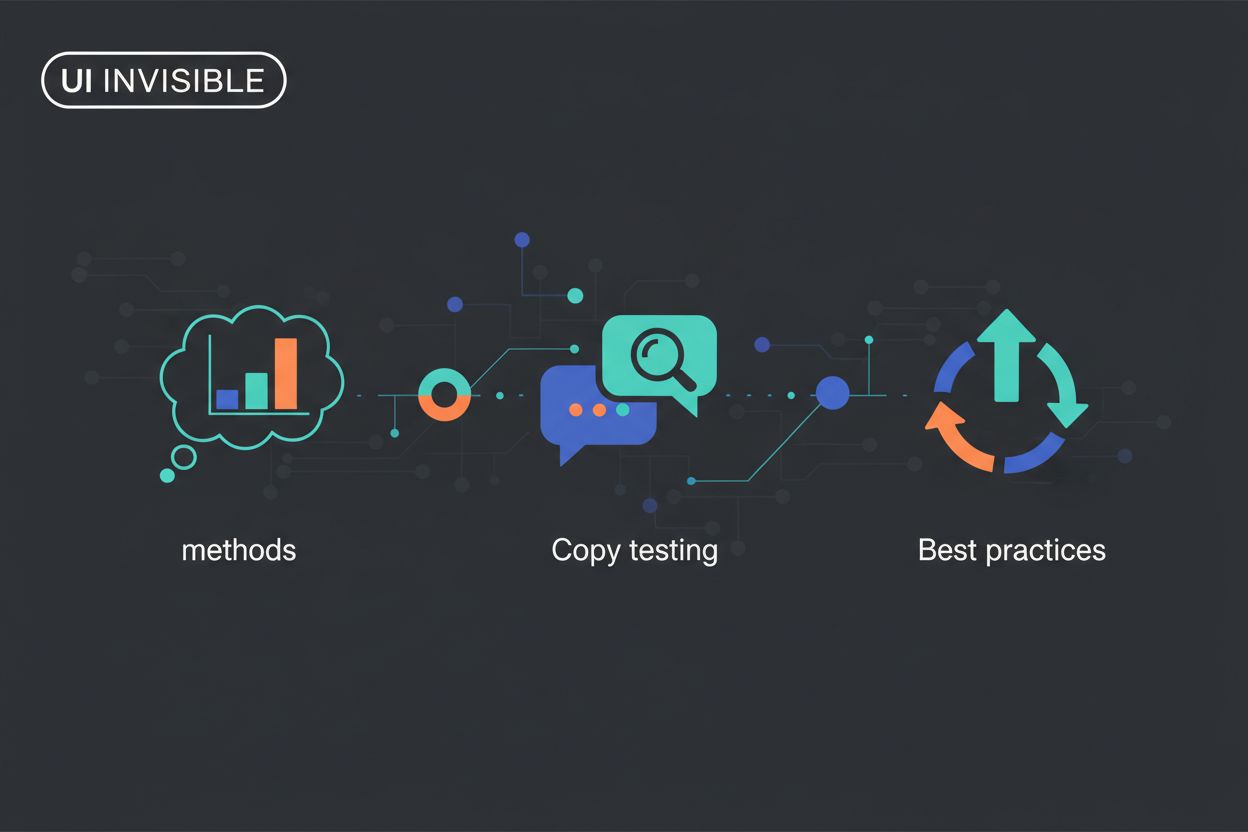Top SEO Companies 2024: Boost Small Business Growth
Introduction
Hey there, small biz warrior! Ready to hear the real talk on SEO in 2024? If you're looking to grow your business, then you know just how crucial mastering the digital landscape is. In today's digital first world, SEO isn't just about getting found on Google—it's about staying ahead of the pack. (Why Every Local Business in Cape Coral Needs an SEO ...) Search engines have become smarter, moving way beyond just keywords and backlinks. (The Future of SEO: Beyond Keywords and Content - Lounge Lizard) As small business owners, this can be a bit overwhelming, right? That's why we're here to help. Our guide aims to assist you in selecting the right SEO partner, a decision that could make or break your online presence. Think of us as your friendly neighborhood SEO sidekick. After all, you deserve someone who's in your corner. Let's dive into this guide and help your business soar.
The Changing Dynamics of SEO in 2024
Hey there! So, in 2024, SEO isn't the same old ballgame—it's more like a lively dance that changes every season, something akin to fashion trends! For instance, with spring and summer bringing those vibrant online shopping events, businesses gear up their SEO strategies to weave in relevant keywords for seasonal sales. It's like swapping out your winter wardrobe for breezy summer outfits!
Now, let’s talk about the search engine biggies, especially Google. Just last quarter, Google rolled out its latest algorithm update that’s all about enhancing user experience with helpful content and visuals. (Google Search's Core Updates) It's pushing us to create content that's not just keyword-stuffed but also visually appealing and truly informative—like adding sprinkles and a cherry on top of a sundae!
What does "helpful content" actually mean for you? Think about creating blog posts that answer your customers' burning questions thoroughly, like a detailed guide on "how to choose the right running shoes" for an athletic store. Or maybe it's a recipe that's easy to follow for a local cafe. For visuals, it’s not just about pretty pictures. It means using high-quality images that load fast, infographics that break down complex information, or even short videos demonstrating your product or service. For example, a furniture store could use 360-degree views of their products or videos showing how to assemble a piece.
If you’re a forward-thinker, industry events are your goldmine for shaping SEO strategies. The 2024 SEO Summit in San Francisco, for example, promised to delve into cutting-edge strategies and best practices like voice search optimization and ai-driven content solutions. While attending these events live might not always be feasible for a small business owner, many offer online summaries, recordings, or blog posts that capture the key takeaways. You can often find these by searching for the event name and "summary" or "key takeaways" after the event has passed. Alternatively, keeping an eye on reputable SEO blogs like Search Engine Journal or Moz's blog can give you similar insights into these trends.
Plus, if you’re looking for practical support, companies like Moz and Ahrefs can be terrific allies in honing your SEO strategies while ensuring they sync with the latest algorithm dynamics. And hey, while we’re savvy with this, we’re all about offering accessible solutions to help your small business surface right there at the top in this digital age!
How to Choose Your SEO Partner: A Small Business Checklist
Picking the right SEO partner is a big deal for your small business. It’s not just about finding someone who knows their stuff, but someone who gets your stuff. Here’s a simple checklist to help you make that crucial decision:
1. Define Your Goals & Needs: * What do you want to achieve? (e.g., more website traffic, local customers, online sales, brand awareness) * What's your budget? Be realistic about what you can afford monthly or per project. * What's your industry? Do you need someone who understands your specific niche? * What's your current SEO knowledge? Do you need a partner to educate you or just execute?
2. Research Potential Partners: * Look for experience with small businesses: Have they worked with companies similar to yours? * Check their case studies and testimonials: Do they show tangible results? * Review their own website's SEO: If they can't rank their own site, how will they rank yours? * Consider their services: Do they offer what you need (local SEO, content marketing, technical SEO, etc.)?
3. Evaluate Their Approach & Communication: * Keyword Research Tactics: * Ask: "How do you identify keywords relevant to my business and target audience?" * Look for: Strategies that go beyond just high-volume keywords, including long-tail keywords, local intent keywords, and competitor analysis. For example, a local bakery should be looking for terms like "best vegan cupcakes Austin" or "gluten-free birthday cakes near me." * Reporting Metrics: * Ask: "What key performance indicators (KPIs) will you track, and how often will you report them?" * Look for: Reports that include organic traffic, keyword rankings, conversion rates, bounce rates, and local search visibility. They should explain why these metrics matter for your goals. * Location-Based Optimization: * Ask: "How will you improve my visibility in local search results, specifically for areas like Portland or Austin?" * Look for: Specific strategies like Google Business Profile optimization, local citation building, and location-specific content creation. * Communication Style: Do they explain things clearly? Are they responsive? Do they seem like a good cultural fit for your business?
4. Understand Pricing Models: * Subscription-based (e.g., SEMrush's tools): * Pros: Predictable monthly cost, ongoing support, access to tools. Good for consistent, long-term growth. * Cons: Can be a fixed cost even if results fluctuate, might require more internal effort to leverage tools. * Project-based (e.g., The Hoth's packages): * Pros: Clear deliverables for a specific campaign or goal, good for targeted initiatives. * Cons: Can be less cost-effective for ongoing, sustained SEO efforts, might require separate projects for different needs. * Retainer: A fixed monthly fee for a defined scope of work. Often a good balance for ongoing SEO.
5. Trust Your Gut: * Does the company seem transparent and honest? * Do they understand your business vision? * Do you feel confident in their ability to deliver?
By going through this checklist, you'll be much better equipped to find an SEO partner that truly aligns with your small business's unique needs, budget, and aspirations.
Top SEO Companies for Small Businesses in 2024
Let's dive right into the crème de la crème of SEO companies that are making waves for small businesses in 2024. These companies have a knack for helping small businesses not just survive, but thrive in today's ever-evolving digital market.
First up on our list, we’ve got Moz. Known for their robust platform, they focus heavily on local SEO, which is a lifeline for small businesses. Imagine a quaint little coffee shop in Austin that just launched. Through local SEO, Moz helps ensure this spot pops up when someone searches for "best coffee near me" from within Austin. It’s that kind of service that keeps the foot traffic flowing.
Next, there’s Ahrefs. If you’ve ever dabbled in the world of content marketing, these guys are the gurus. They make keyword research a breeze, perfect for bloggers or small businesses looking to nail down their content strategy. You know that feeling when you finally crack the code on what your audience wants? Ahrefs gives you the tools to get that "aha!" moment more often.
Now, let’s talk about pricing models, which can often feel like navigating a tricky maze. Many companies, like SEMrush, are adopting flexible subscription models that are great if you're in it for the long haul and want consistent, ongoing support. This means you pay a regular fee for access to their tools and expertise, which can be really helpful for budgeting and continuous improvement. Meanwhile, others, such as The Hoth, offer comprehensive project-based pricing—a win-win if you’ve got specific goals or campaigns in mind, like a website redesign or a new product launch. This way, you pay for a defined outcome.
In addition to the pills of wisdom from Moz and Ahrefs, companies like BrightLocal provide performance analytics tools tailored for small businesses. These tools are super handy in tracking how your efforts are panning out. It’s like getting a quarterly report card from school, except it’s for your business’ digital presence—and hopefully with all A’s! BrightLocal offers detailed insights into your local search rankings, customer reviews, and website traffic, helping you see exactly where your SEO efforts are paying off.
To paint a picture, imagine you’re running a eco-friendly apparel store. You get BrightLocal's monthly reports showing that your organic traffic has jumped by 40% after optimizing your website’s structure and keywords. Suddenly, it’s not just about selling recycled tees anymore—it’s about being seen by the whole eco-conscious community!
But don’t just take my word for it. Check out the SEO Summit’s latest round-up of effective practices where some of these firms were praised for their trailblazing work. You can find out more about their services on their websites, like Moz and Ahrefs, to determine what aligns best with your business goals and budget.
Remember, choosing an SEO partner is a bit like finding the perfect pair of jeans—it’s all about the right fit. Take your time to do your research, reach out to some of these companies, and see which one aligns with your business vision and growth targets. After all, they’re here to help you navigate the challenging but exciting world of SEO with more ease and confidence!
Success Stories: Small Businesses Excelling with SEO
Imagine a mom-and-pop bookstore nestled in Portland's eclectic scene. They used to rely mainly on foot traffic, but when the neighborhood changed, they needed to pivot. Enter BrightLocal, a top-notch SEO company. By honing in on local SEO strategies—like optimizing Google My Business listings and targeting location-specific keywords—this bookstore didn’t just survive; it thrived. Their website traffic jumped by 150%, converting curious browsers into foot traffic and online sales. You can find more insights like this on the BrightLocal Insight page.
Across the coast in Miami, a small, family-run surf shop was struggling to stand out in a sea of competitors. Moz helped them skyrocket their online presence by diving into keyword research and competitor analysis. By identifying underserved keywords related to local surf conditions, they saw monthly website visitors double. This influx directly led to a 40% increase in in-store sales and a substantial boost in surf lesson bookings. For more on their strategies, check out the Moz Blog.
The owner of a fledgling organic skincare business in Austin turned to SEMrush. They employed content-driven SEO strategies like blogging and social media integration. You wouldn’t believe: their site traffic tripled within six months! This surge in visibility translated into a 50% rise in email subscribers and a serious bump in product sales. You can explore similar success stories in their SEMrush Case Studies.
These stories aren’t just inspiring—they show what’s feasible with the right SEO ally. If these businesses can transform their fortunes, surely there's a path forward for any small business seeking growth in today’s digital arena.
Making Your Choice: Insights and Recommendations
Choosing the right SEO company for your small business can feel like picking the perfect avocado—it's gotta match your vibe and ripeness for success! Think of "vibe" as their communication style and company culture, and "ripeness" as their experience and proven track record. First up, think about your needs. Does the company offer local SEO or focus on your industry niche? Check out SEMrush or Moz; they're well known for these services (Moz SEO Guide).
When evaluating proposals, ask about keyword research tactics and reporting metrics. Dive into specifics, like how they’ll optimize your visibility in search results for locations in Portland or Austin. For keyword research, you want to hear about how they’ll find terms your actual customers are searching for, not just generic ones. For example, a local plumber in Austin might ask about targeting terms like "emergency plumber Austin 24/7" or "clogged drain repair Austin." For reporting, ask what specific data points they’ll share and how they’ll explain them. You should expect to see metrics like organic traffic growth, keyword ranking improvements for your target terms, and conversion rates from organic search.
Also, ensure their strategies align with your business goals. Imagine launching a vegan bakery: you'd want SEO to boost foot traffic and online orders, right? So it’s not just about clicks, but the right kind of clicks. Remember, good SEO isn't just about getting eyeballs—it's about getting the right people looking. Stay curious, keep asking questions, and you'll find your perfect match!





